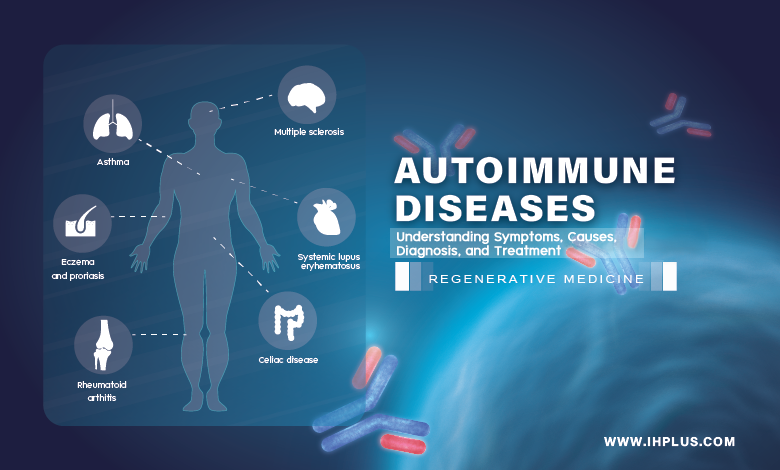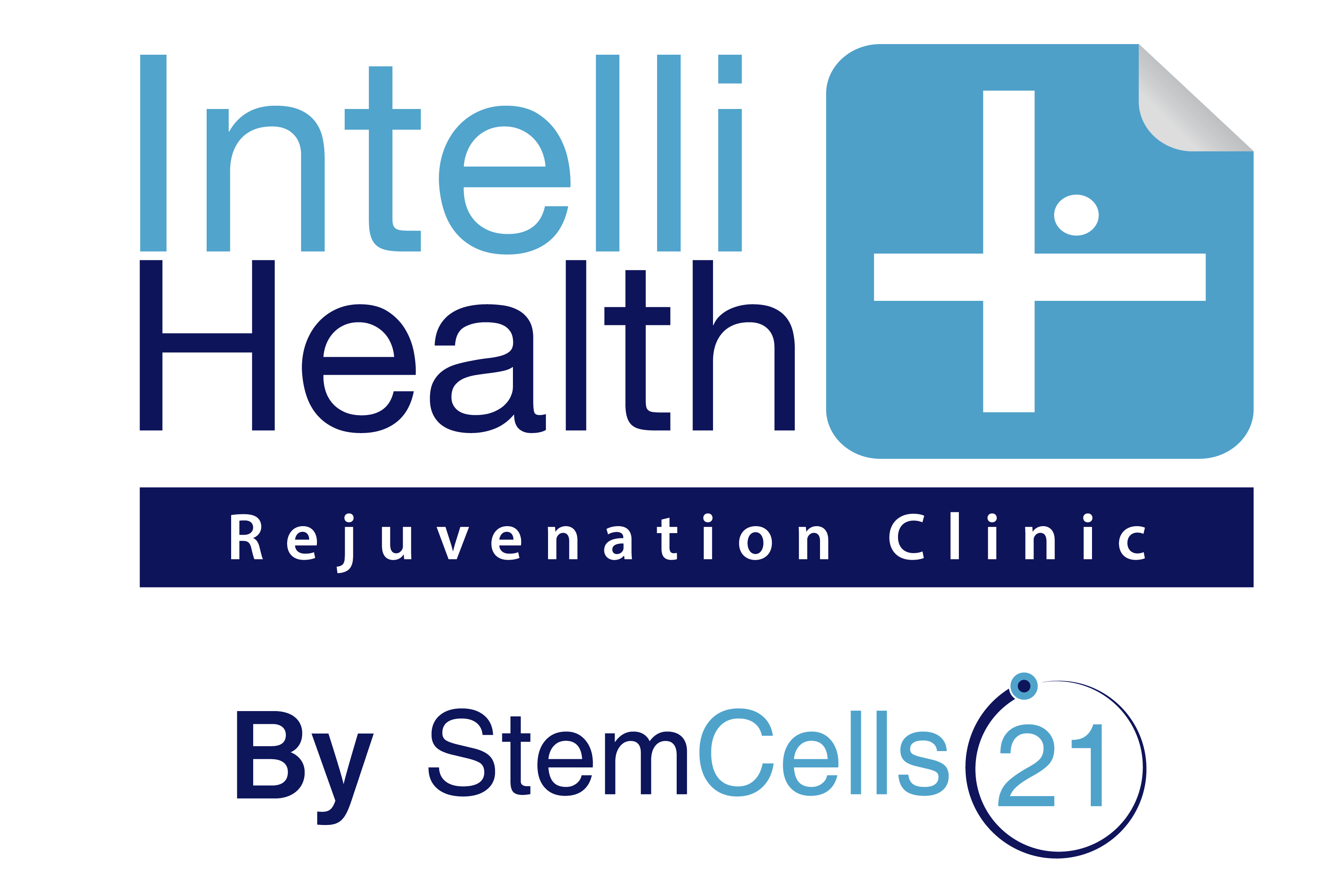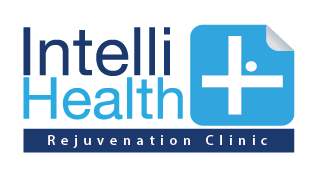
Autoimmune Diseases: Understanding Symptoms, Causes, Diagnosis, and Treatment
Autoimmune diseases are a group of complex and enigmatic conditions that affect millions of lives worldwide. Despite their prevalence, many people still seek answers to questions about these perplexing disorders. In this article, we will delve into some of the most commonly asked questions about autoimmune diseases, shedding light on their symptoms, causes, diagnosis, and available treatment options.
1. What is an autoimmune disease?
Autoimmune diseases arise when the body’s immune system mistakenly attacks its own healthy cells, tissues, and organs. Instead of protecting the body from harmful invaders, the immune system becomes misguided and launches an attack on its own cells. This can lead to chronic inflammation and damage to various organs, resulting in a wide range of symptoms and health issues.
2. What are the symptoms of autoimmune diseases?
Symptoms of autoimmune diseases can vary widely depending on the specific condition and the affected organs. Common symptoms include fatigue, joint pain, skin rashes, fever, and gastrointestinal disturbances. Since autoimmune diseases can target any part of the body, the symptoms may be diverse and often mimic other medical conditions, making diagnosis challenging.
3. What causes autoimmune diseases?
The exact causes of autoimmune diseases remain multifaceted and not fully understood. Genetic predisposition plays a role, as certain individuals may have a higher risk of developing autoimmune conditions due to their family history. Additionally, environmental factors, such as infections, toxins, and stress, may trigger or exacerbate autoimmune responses in susceptible individuals. Dysregulation of the immune system, where it fails to distinguish between self and non-self, is also a significant contributing factor to the development of autoimmune diseases.
4. How are autoimmune diseases diagnosed?
Diagnosing autoimmune diseases can be complex and requires a comprehensive approach. Medical professionals typically begin with a thorough medical history and physical examination, followed by blood tests to detect specific autoantibodies and other markers of immune system activity. Imaging studies and biopsies may also be necessary to assess organ involvement and damage. Due to the similarity of symptoms among different autoimmune diseases, arriving at a definitive diagnosis may take time and may require collaboration between specialists.
5. What are the available treatments for autoimmune diseases?
Treatment approaches for autoimmune diseases focus on managing symptoms, reducing inflammation, and suppressing the immune system to prevent further damage. Medications, such as immunosuppressive drugs and anti-inflammatory agents, are commonly used to control the immune response and alleviate symptoms. Lifestyle modifications, including a balanced diet, regular exercise, and stress management, can also play a significant role in managing autoimmune diseases.
Recent advancements in medical research have brought promising therapies to the forefront. Stem cell therapies, which involve using the body’s own regenerative cells to modulate the immune response, show great potential in treating autoimmune diseases. Cellular therapies, such as Mesenchymal Stem Cells (MSCs) and Regulatory T Cells (Tregs), aim to restore immune balance and promote tissue repair. Hematopoietic Stem Cell Transplantation (HSCT) is another approach where the malfunctioning immune system is replaced with healthy stem cells to reset the immune response.
Conclusion:
Autoimmune diseases remain complex and challenging medical conditions, affecting the lives of millions worldwide. Understanding their symptoms, causes, diagnosis, and treatment options is essential for better management and patient care. As research and medical advancements continue, we are moving closer to unraveling the mysteries of autoimmune diseases and developing more effective and personalized treatment strategies. If you or someone you know is experiencing symptoms of an autoimmune condition, seeking early medical attention and support from qualified healthcare professionals is crucial for timely diagnosis and appropriate management. By continuing to raise awareness and supporting ongoing research, we can hope for improved outcomes and a better quality of life for those living with autoimmune diseases.
YOU MAY BE INTERESTED..
Our treatment treated at IntelliHealthPlus Clinic By StemCells21
Book a FREE Consultation Now
IH+ Contact Form
Contact our international team of medical professionals with language services available in English, Thai, Arabic, Chinese, Spanish, and Russian.
Please indicate your preferred language and we will do our best to accommodate your request.

